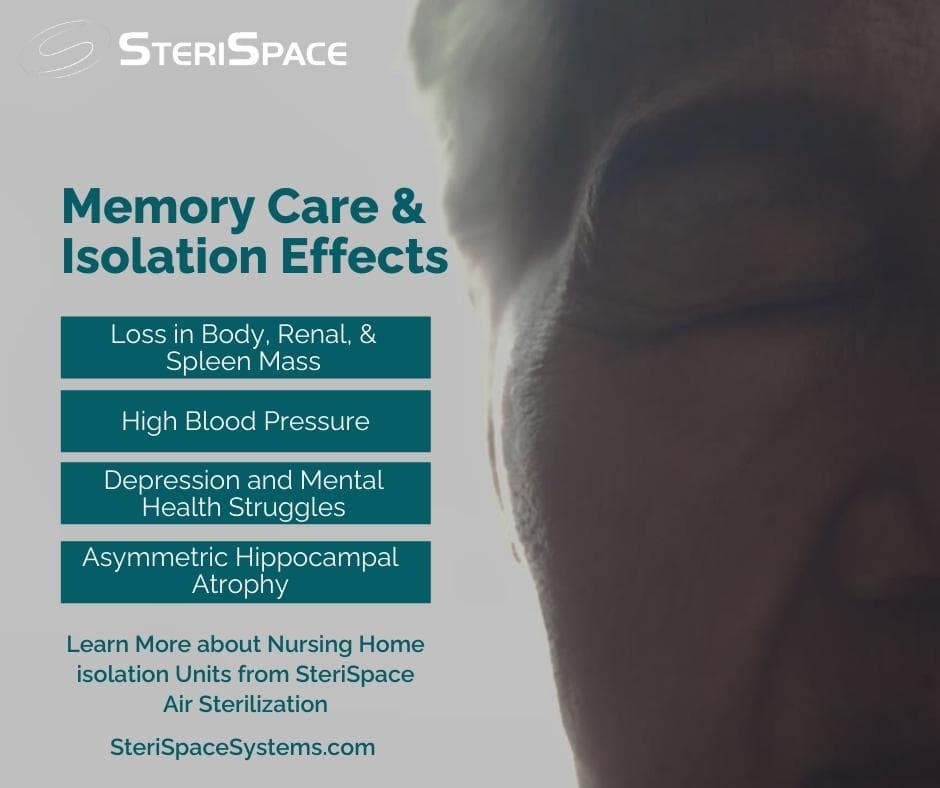
Measles case count hits 124 in ongoing West Texas outbreak
The number of confirmed measles cases reported in an outbreak in West Texas is now at 124, the Texas Department of Health Services said in an update Tuesday, an increase of 34 since late last week.

 For most people, when they come down with a typical, non-life-threatening illness, our doctors tell us to rest up and to avoid other people as much as possible. But for nursing home patients battling memory-related ailments, the act of isolating from others while as a method to recovery, creates a medical conundrum. This is because those dealing with cognitive-decline conditions desperately rely on daily social interaction to slow the rate of cognitive decline. So, you can see why the act of isolating a person in this setting, while they recover from an unrelated disease, often does more harm than good.
For most people, when they come down with a typical, non-life-threatening illness, our doctors tell us to rest up and to avoid other people as much as possible. But for nursing home patients battling memory-related ailments, the act of isolating from others while as a method to recovery, creates a medical conundrum. This is because those dealing with cognitive-decline conditions desperately rely on daily social interaction to slow the rate of cognitive decline. So, you can see why the act of isolating a person in this setting, while they recover from an unrelated disease, often does more harm than good.

